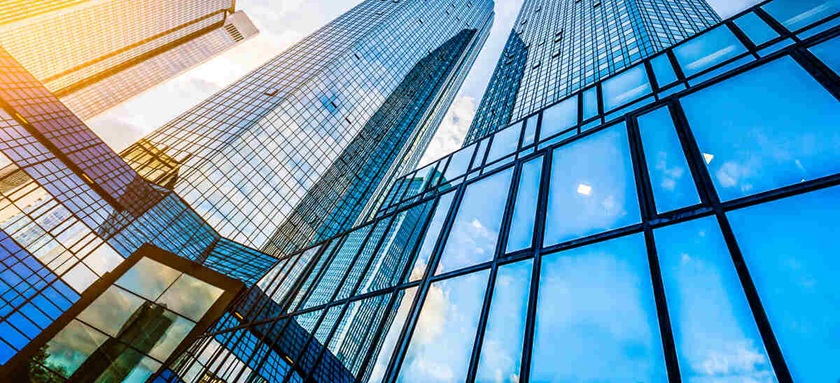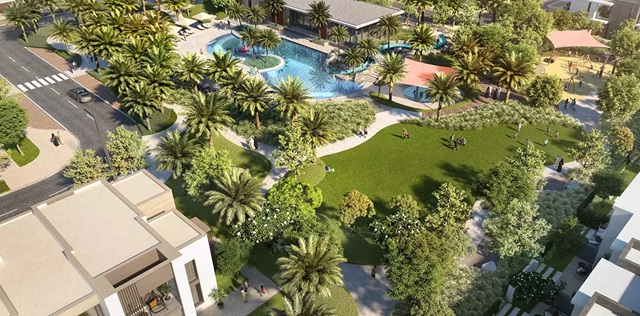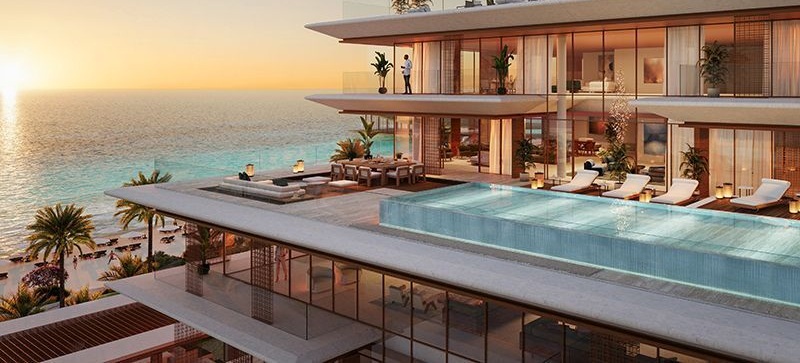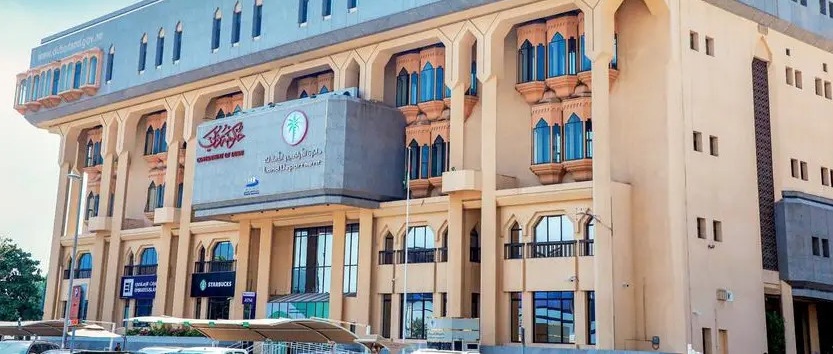Sustainability & Green Building in UAE Real Estate: What Buyers & Developers Need to Know
Monday, 22 September 2025
As climate change reshapes global priorities, the UAE – and Dubai in particular – is emerging as a regional leader in sustainable real estate. Once known for its luxury skylines and cutting-edge architecture, Dubai is now equally recognised for pioneering green building practices that reduce environmental impact while boosting property values. For buyers and developers, this shift signals a powerful opportunity: sustainable living isn’t just good for the planet – it’s good for business.
Table of Contents
- The UAE’s Commitment to Sustainable Real Estate
- Key Green Building Initiatives Reshaping the Market
- Economic & Lifestyle Benefits for Buyers and Developers
- Looking Ahead: The Future of Green Living in Dubai
- Frequently asked questions
The UAE’s Commitment to Sustainable Real Estate
Under the Dubai 2040 Urban Master Plan and the Dubai Clean Energy Strategy 2050, the emirate is transforming how buildings are designed, built, and operated. By 2050, Dubai aims to generate 75% of its energy from clean sources. Green building regulations already mandate energy efficiency, renewable integration, and reduced carbon emissions for new developments. These policies are driving innovation across residential, commercial, and luxury real estate.
Key Green Building Initiatives Reshaping the Market
1. Solar Energy Integration
Through DEWA’s Shams Dubai initiative, building owners are installing solar panels at scale – over 10,000 buildings already generate 600 MW of clean energy.
Why it matters:
- Cost savings: Lower long-term electricity bills.
- Market appeal: Higher resale and rental values among eco-conscious buyers.
- Sustainability: A clear differentiator for properties marketed directly by owners.
2. Energy Efficiency & Reduced Carbon Footprint
Green Building Regulations have cut energy use in new builds by 30–40% versus pre-2014 structures. Smart HVAC systems, better insulation, and LED lighting are now standard. Dubai is on track to reduce carbon emissions by 30% by 2030, making energy-efficient homes and offices highly desirable to investors looking for top-tier UAE properties.
3. Waste Reduction & Water Reuse
By 2024, Dubai is diverting 75% of construction waste from landfills and encouraging recycling and reuse. Water-saving fixtures and greywater recycling systems are increasingly integrated into premium developments. Buyers of luxury real estate in areas like Downtown Dubai or Palm Jumeirah are seeking these eco-friendly credentials as part of their lifestyle choice.
4. EV-Enabled & Smart Infrastructure
Developers are adding electric vehicle (EV) charging stations and smart home systems to new projects, especially in high-end communities such as Dubai Hills, Jumeirah Golf Estates and The Sustainable City. This future-proofs developments for a fast-growing EV market and signals innovation to international investors.
5. LEED-Certified Buildings
With more than 600 LEED-certified buildings, Dubai leads the Middle East in sustainable construction. LEED properties – like The Opus and One Central – command up to 6–8% higher rental yields, making them attractive for buyers seeking long-term value.
Economic & Lifestyle Benefits for Buyers and Developers
- Government incentives: Net metering allows solar-powered property owners to sell excess energy back to the grid. Green loans with reduced interest rates are available from UAE banks for sustainable property purchases.
- Higher property values: Eco-friendly features are proven to increase resale and rental yields.
- Lifestyle appeal: Smart, energy-efficient homes with EV charging, water reuse systems and green spaces attract a new wave of global buyers.
Looking Ahead: The Future of Green Living in Dubai
Innovations such as District Cooling – expected to cover 50% of Dubai’s demand by 2030 – will make air conditioning far more efficient. Integrated communities like The Sustainable City are providing a blueprint for carbon-neutral urban living, combining solar power, water recycling and waste management in one self-sufficient ecosystem.
Conclusion
Sustainability is no longer a niche trend – it’s the new standard for UAE real estate. Dubai’s green building initiatives are reshaping how properties are designed, built, and sold, benefitting buyers and developers alike. Eco-friendly homes and offices lower costs, reduce environmental impact, and deliver long-term value.
For investors seeking the best real estate property in Dubai or developers planning the next big project, integrating solar energy, EV infrastructure, and water reuse systems isn’t just a responsible choice – it’s a competitive advantage in a fast-evolving market.
Frequently Asked Questions (FAQs)
What are green building initiatives in the UAE?
Green building initiatives refer to policies and practices that promote energy efficiency, renewable energy use, water conservation, waste reduction, and sustainable materials in real estate projects across the UAE.
How does solar energy benefit property owners in Dubai and the UAE?
Solar panels lower electricity bills, reduce carbon footprints, and can generate extra income through DEWA’s net metering, making properties more attractive to eco-conscious buyers and investors.
What features make a property “EV-ready”?
An EV-ready property includes electric vehicle charging stations, dedicated parking for EVs, and infrastructure that supports future expansion, appealing to the growing number of electric car owners.
Why is water reuse important in UAE real estate developments?
Water recycling and greywater systems help reduce freshwater demand, lower utility costs, and support the UAE’s sustainability goals, especially in large residential and commercial communities.
Are sustainable properties more valuable in the UAE market?
Yes. Properties with eco-friendly features like solar panels, smart HVAC systems, LEED certification, and EV-charging facilities typically enjoy higher resale values, faster sales, and better rental yields.





